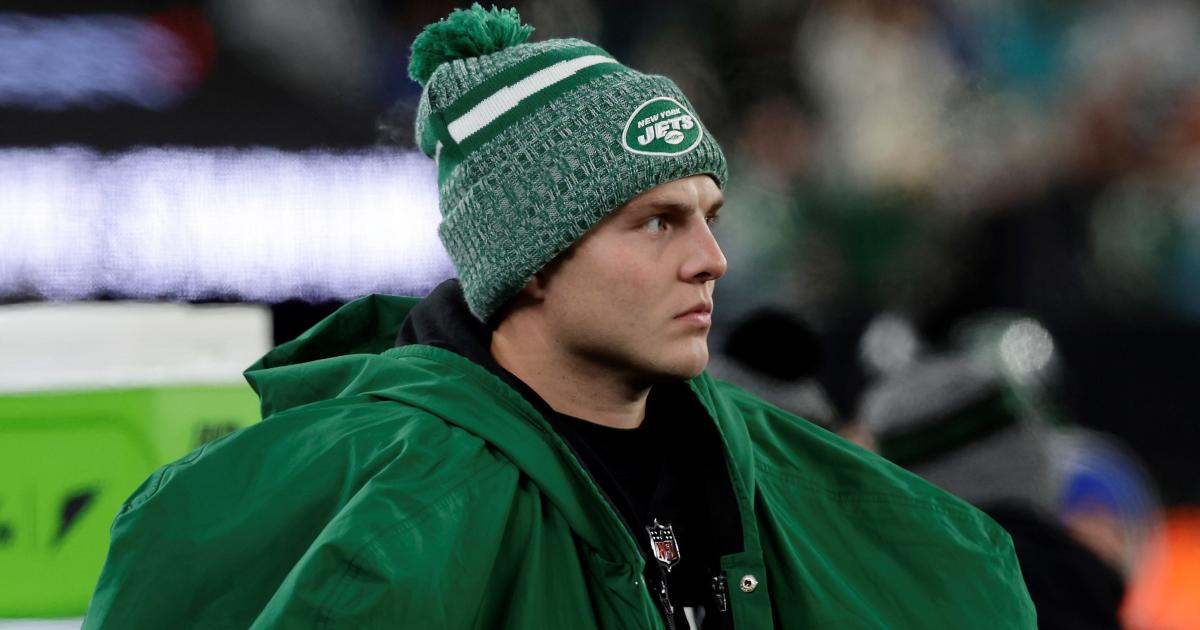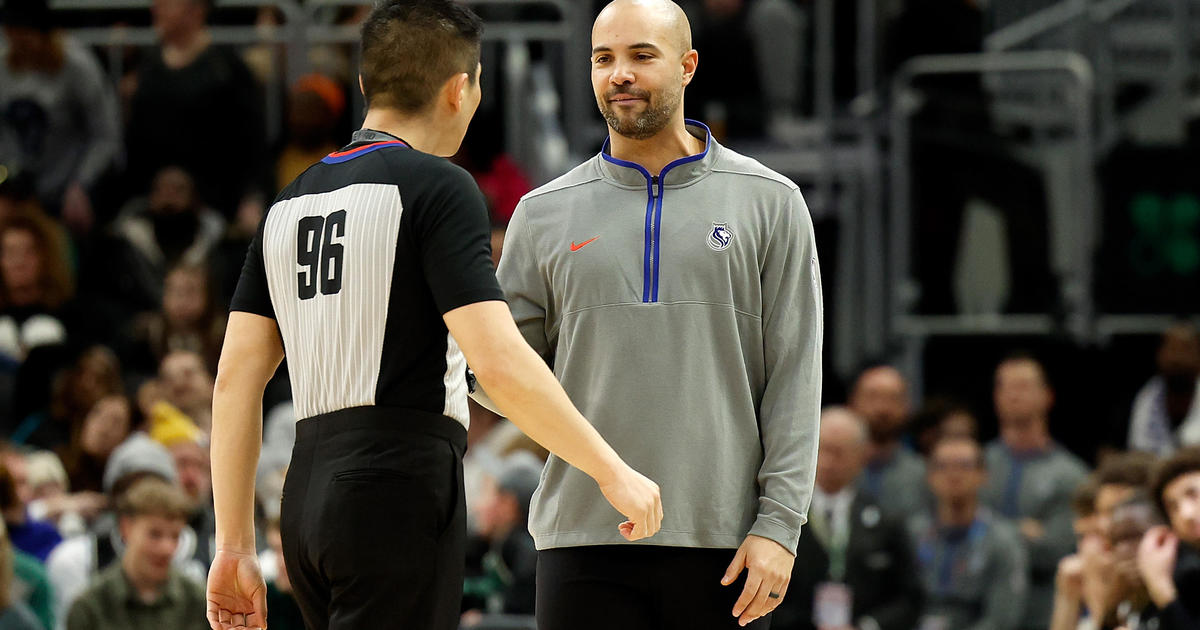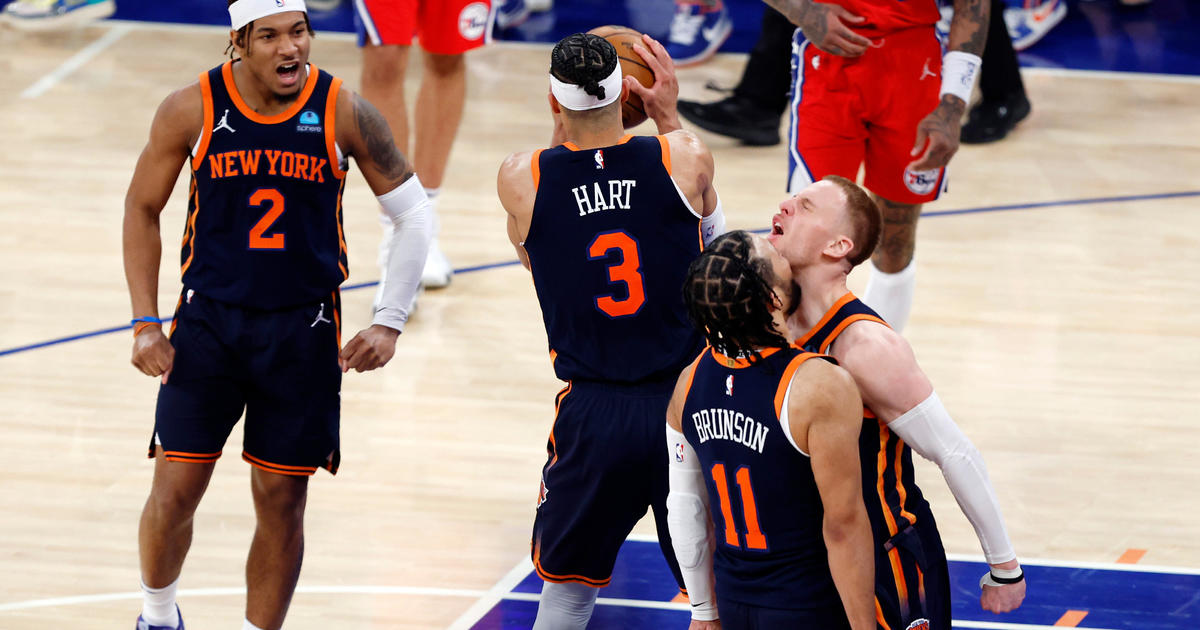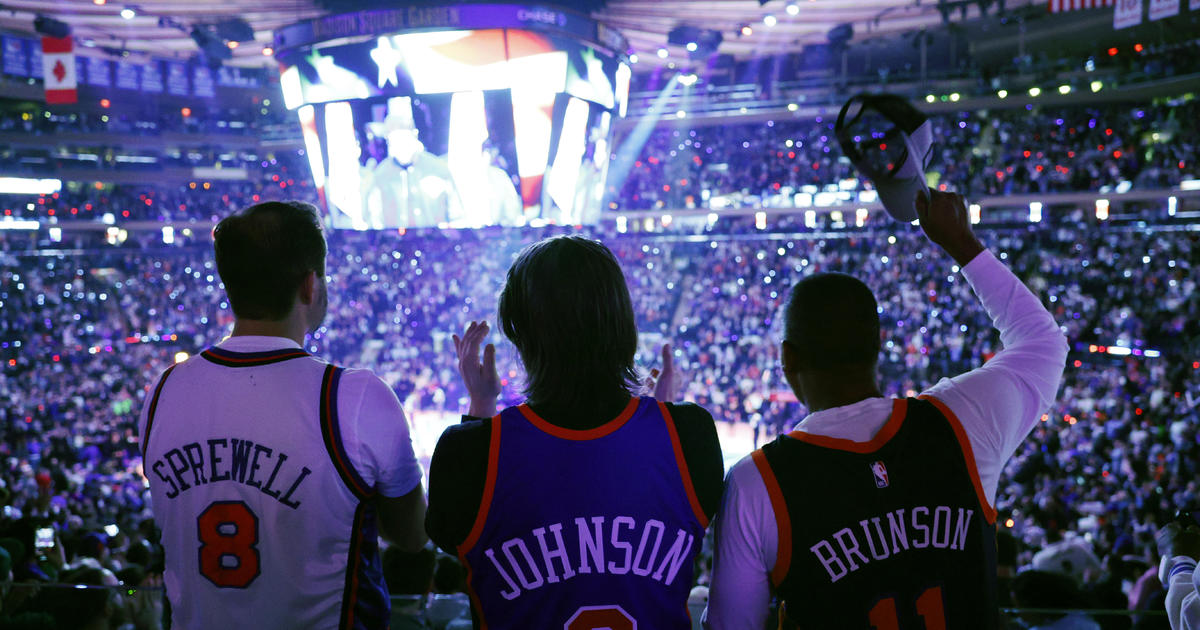Keidel: NFL Players Have Right To Fume Over NBA's Guaranteed Contracts
By Jason Keidel
» More Columns
NFL players are a little ticked, hot around their vocational collars before the pyramid of money the NBA just handed its free agents.
The league had signed 44 players, with total guaranteed money at around $2.485 billion -- all before Golden State stunned the world by signing Kevin Durant.
And we're not talking about a conga line of luminaries. Among the monetarily blessed are the formerly sublime, like Joakim Noah and Rajon Rondo. But there are some megawatt deals offered to hardly household names, like Solomon Hill ($48 million), Ian Mahinmi ($64 million), Mizra Teletovic ($30 million), and Jon Leuer, who is getting $42 million to play for his fourth team in five seasons.
MORE: Reports: Joakim Noah To Ink $72 Million Deal With Knicks
Though it makes those players and their agents feel like they've secured a table at the American Dream, the harder-working, at-risk athletes of the NFL don't feel nearly as cozy. Indeed, this string of deals sparked a chain reaction from football players, who pounded their keyboards and swarmed social media all weekend.
While many of the posts, tweets, barbs, were cloaked in some form of sarcasm, it was easy to see through the sardonic facade and bake in the visceral sense of inequity. And it was just as easy to understand why.
None of these NBA players will stagger punch-drunk from the game, with walls of protein wrapped around their brains and a future autopsy of CTE. Very few will limp through their golden years with upwards of six synthetic joints. But they're being paid like they are, unlike the NFL veteran, who will leave the sport like a walking billboard for the board game, Operation.
Andrew Luck just signed a record deal with the Indianapolis Colts, among the richest in NFL history (six years, $140 million), with a lovely $87 million in guaranteed money, and free checking at his local bank for life.
It was an epic day for an NFL player. But, by NBA standards, he's barely better than Harrison Barnes.
Maybe Luck isn't the NFL iteration of LeBron James, but he's close to, say, Kevin Durant. And you can be sure Durant, upon completion of his two-year stint with Golden State, will bag at least double Luck's contract.
And unlike many of the lower-tier NBA free agents who have punched their serendipitous ticket, there are some high-end NFL ballers who are balling at this colossal discrepancy. DeAngelo Williams, Emmanuel Sanders, and Gerald McCoy lead the list of indignant pigskin stars who feel lost in the valley between the haves and have-nots.
Luck had a rough 2015, but his first three seasons were among the best in history for a neophyte NFL quarterback. No one is questioning his talent, temerity, or value to the Colts. His new deal was, as far as these things go, a no-brainer.
Since neither league can claim poverty -- indeed, both are experiencing record growth -- the NFL can at least make one gesture that the other team sports have done for years.
Guarantee every player's contract.
Between income, insurance, and overall boom times for pro football, there's just no reason or excuse not to cover a player's entire contract, from pillar to post.
The NBA banked about $5 billion in 2013, and it does right by its players. Granted, there are fewer players to pay on an NBA than on an NFL roster, but the physical peril of pro football is a reason for guaranteeing NFL contracts, not against.
According to Forbes, the NFL will make more than $13 billion in 2016. More than enough to not only make it rain on its players, but assure them more than a token signing bonus.
The NFL, like the NBA, restructured the salary scale for rookies. No sense in paying a teenager more money than someone who has actually proved he can play as a pro. But it has done little to give that desired sense of security for veterans.
If you aren't Luck, Tom Brady, Eli Manning, Ben Roethlisberger, Aaron Rodgers, or any of the other members of the QB aristocracy, you will bump up against the darker side of the NFL acronym -- Not For Long.
Mike Golic has mused about the ignominious end of his career. In his last days as a Dolphin, the defensive lineman was asked by a team trainer how his repaired knee felt. Knowing he had to compete to keep his job, he said he felt fine. Asked if he could practice that day, he gleefully assured them he could.
Once he signed a paper asserting as much, he was led into another room, where a team executive swung the guillotine, cutting Golic and essentially ending his career.
Because of league rules, the Miami Dolphins could not have cut Golic if he weren't physically able to practice. So they tricked him into signing his own death certificate.
Golic isn't the first or last to be conned into facilitating his own NFL execution. And while he's done quite well for himself at ESPN, there are thousands who have taken the same backdoor out of football, and left alone to walk the thorny path of unemployment, sans the gold-plated paychecks of Disney.
Perhaps you can't summon any sympathy for pro athletes, but most NFL players don't have the bejeweled career of an NBA player, in length or wealth or brand recognition. For every Eli Manning or Cam Newton, there are scores of practice squad players who may have cracked an NFL roster for a few years, played in anonymity, and left with little more than a used playbook, mangled limbs, and, if he's lucky, a few fine moments (that he's likely to forget by the time he's 50).
The average NBA career lasts nearly five years; the average NFL career barely spans three.
The average NBA salary is $6.7 million (according to SB Nation). The average NFL salary is $1.9 million.
There are 1,696 active NFL players, much more than the relatively svelte rosters of the NBA, which now employs 450 players. That explains why the NFL can't pay the same median salary (even if it inhales twice the revenue). But it doesn't explain why NBA players will collect every quarter of their contracts, whether boom or bust. An NFL player can be cut for having too many nosehairs and see nothing other than whatever signing bonus his agent could carve out.
Some of that is the reckless collective bargaining by the NFLPA. Some is the legal wit of Roger Goodell. The rest is the fact that the NFL never met a dime it didn't like. If the league has no interest in caring for the pioneers that made it a monolithic, American sport (John Mackey, Mike Webster, etc.), then it won't shed any tears for today's player.
In what world does it make sense that Barnes, the fourth best player on his own team, gets $95 million in indisputable quid, while Rodgers, one of the best ever to throw a football, still has to sing for his supper?
If the NFL were some obscure, low-rent sport that only sees network light at midnight, between weight-loss, addiction, and vitamin commercials, then there would be no issue. But the NFL, to quote Albert Brooks, owns a day of the week.
It doesn't, however, own its employees. It just treats them like it does.
Follow Jason on Twitter at @JasonKeidel



